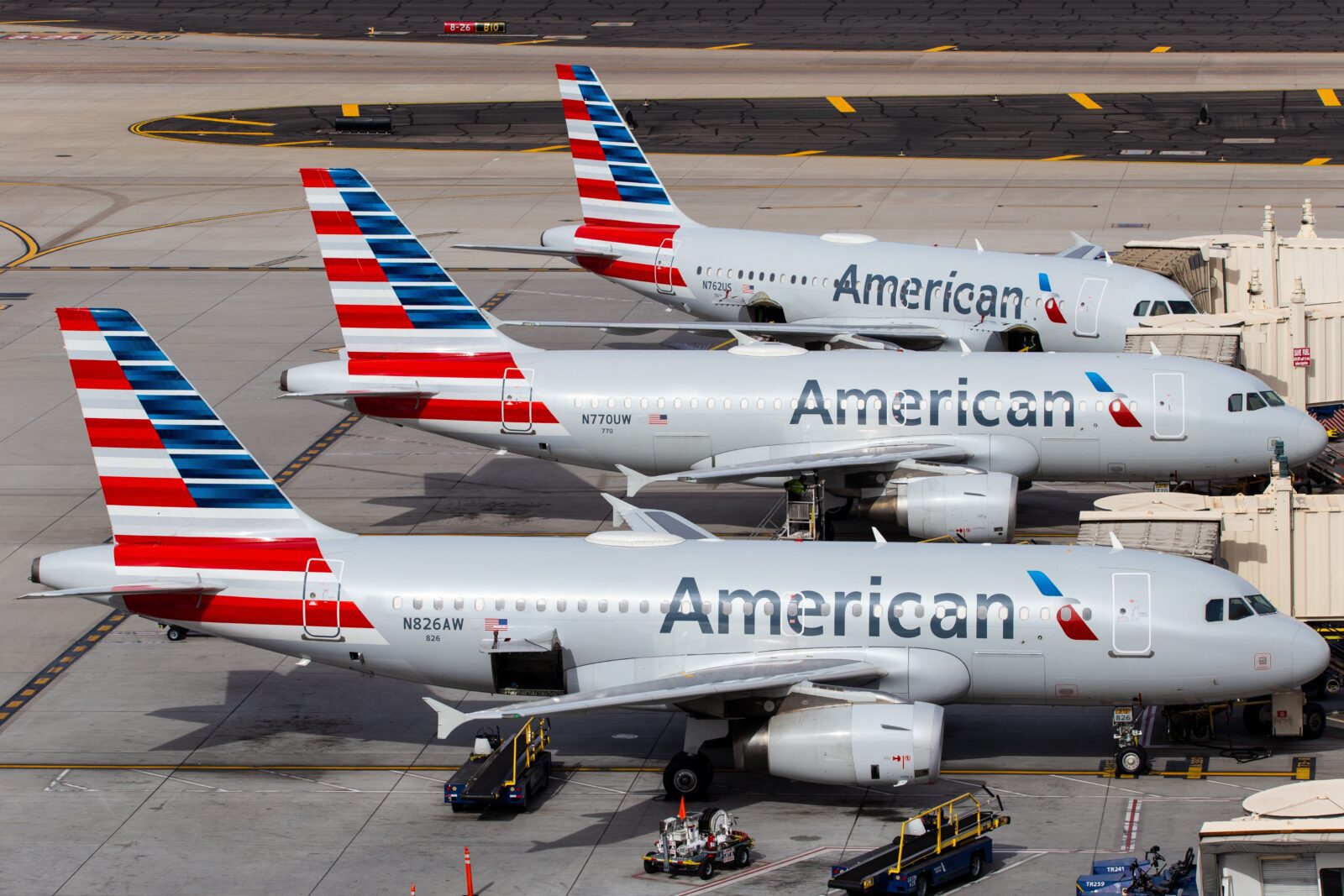
The Department of Transportation (DOT) has slapped American Airlines with a record $50 million for its treatment of passengers with disabilities and for mishandling wheelchairs.
In a consent order announced on Wednesday, the DOT said American Airlines had made “numerous serious violations of the laws protecting airline passengers with disabilities,” which resulted in disabled passengers being injured or receiving undignified treatment.
The DOT’s investigation looked at a barrage of complaints made against American Airlines between 2019 and 2023, many of which were about the carrier damaging or losing wheelchairs and failing to provide timely assistance to disabled passengers.
“The era of tolerating poor treatment of airline passengers with disabilities is over,” commented U.S. Transportation Secretary Pete Buttigieg after the penalty was announced on Wednesday.
“With this penalty, we are setting a new standard of accountability for airlines that violate the civil rights of passengers with disabilities. By setting penalties at levels beyond a mere cost of doing business for airlines, we’re aiming to change how the industry behaves and prevent these kinds of abuses from happening in the first place.”
The record fine against American Airlines is 25 times larger than the DOT’s previous biggest penalty served on a carrier for violations of disability rights laws. American Airlines will, however, only have to pay half of the $50 million penalty with $25 million credited for investments that American Airlines has made in improving its service towards disabled passengers.
The DOT’s investigation included a viral incident in November 2023 when two baggage handlers at Miami airport were filmed sliding a wheelchair down a luggage chute with such force that the mobility device crashed into a metal barrier, flipped over, and slammed onto the tarmac.
In April 2023, American Airlines was also sued by two women who rely on powered wheelchairs for their freedom after the carrier first lost and then allegedly damaged their mobility devices during a trip from Des Moines, Iowa, to Houston, Texas.
In response to the consent order, American Airlines said that in 2024 it had already invested $175 million to improve its services for disabled passengers.
The carrier said that last year, it served more than 8 million passengers who requested assistance, and transported more than 146,000 wheelchairs and other personal mobility devices.
Over the last two years, customer claims for mishandled wheelchairs have dropped by 20%, although American Airlines still has one of the worst records amongst major US carriers.
According to the most recent Air Travel Consumer Report which is produced monthly by the DOT, American Airlines mishandled 251 wheelchairs and mobility devices in August, resulting in a mishandling rate of 1.83 per 100 wheelchairs.
In contrast, Delta Air Lines had a mishandling rate of just 0.60 per 100 wheelchairs, and United had a mishandling rate of 0.88 per 100.
American Airlines recently launched a new self-tag service for passengers checking their wheelchairs on flights in an effort to reduce delays for passengers with disabilities. The airline said this was evidence that it was committed to improving the service it provides to customers who require additional assistance.
Related
Mateusz Maszczynski honed his skills as an international flight attendant at the most prominent airline in the Middle East and has been flying ever since... most recently for a well known European airline. Matt is passionate about the aviation industry and has become an expert in passenger experience and human-centric stories. Always keeping an ear close to the ground, Matt's industry insights, analysis and news coverage is frequently relied upon by some of the biggest names in journalism.







